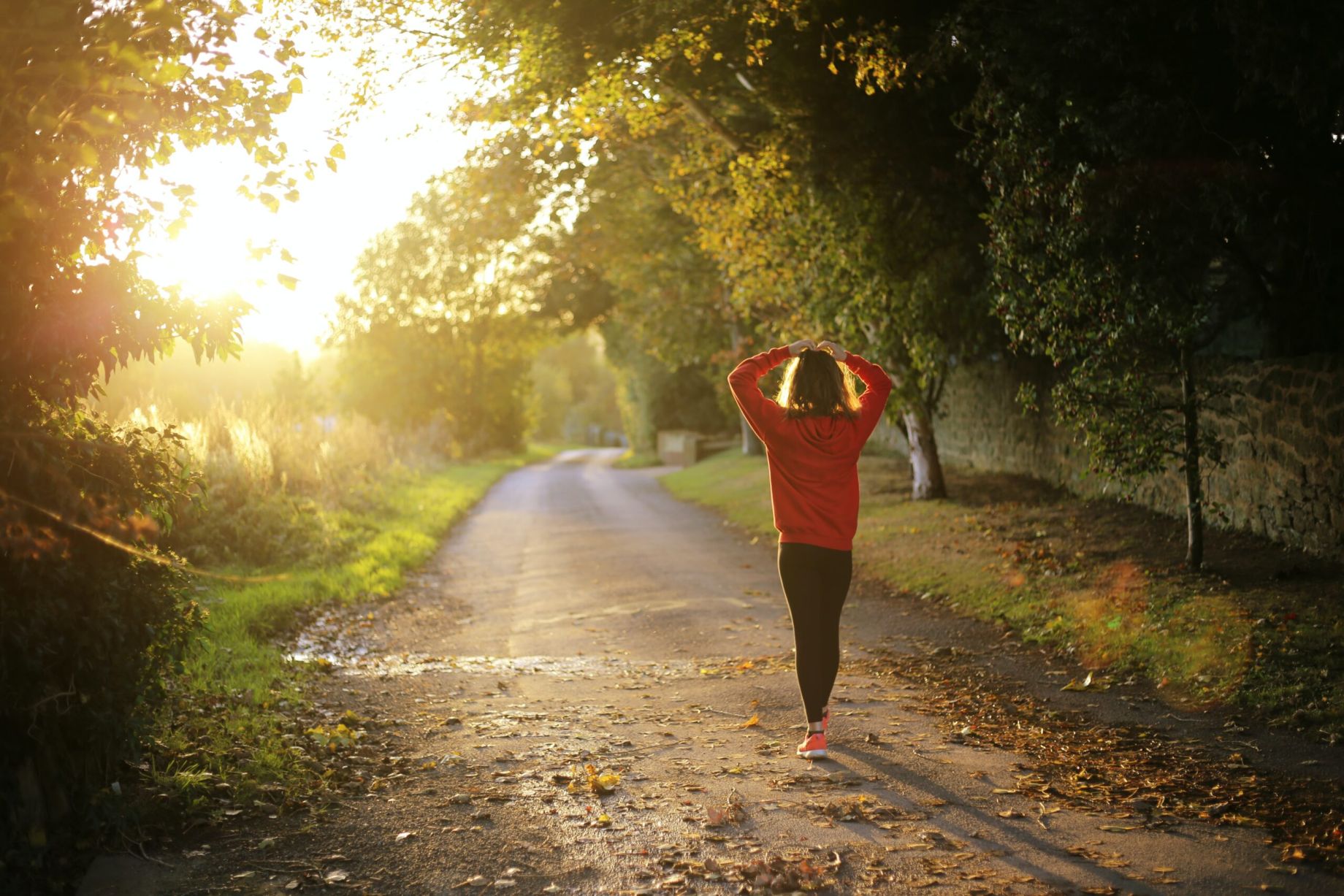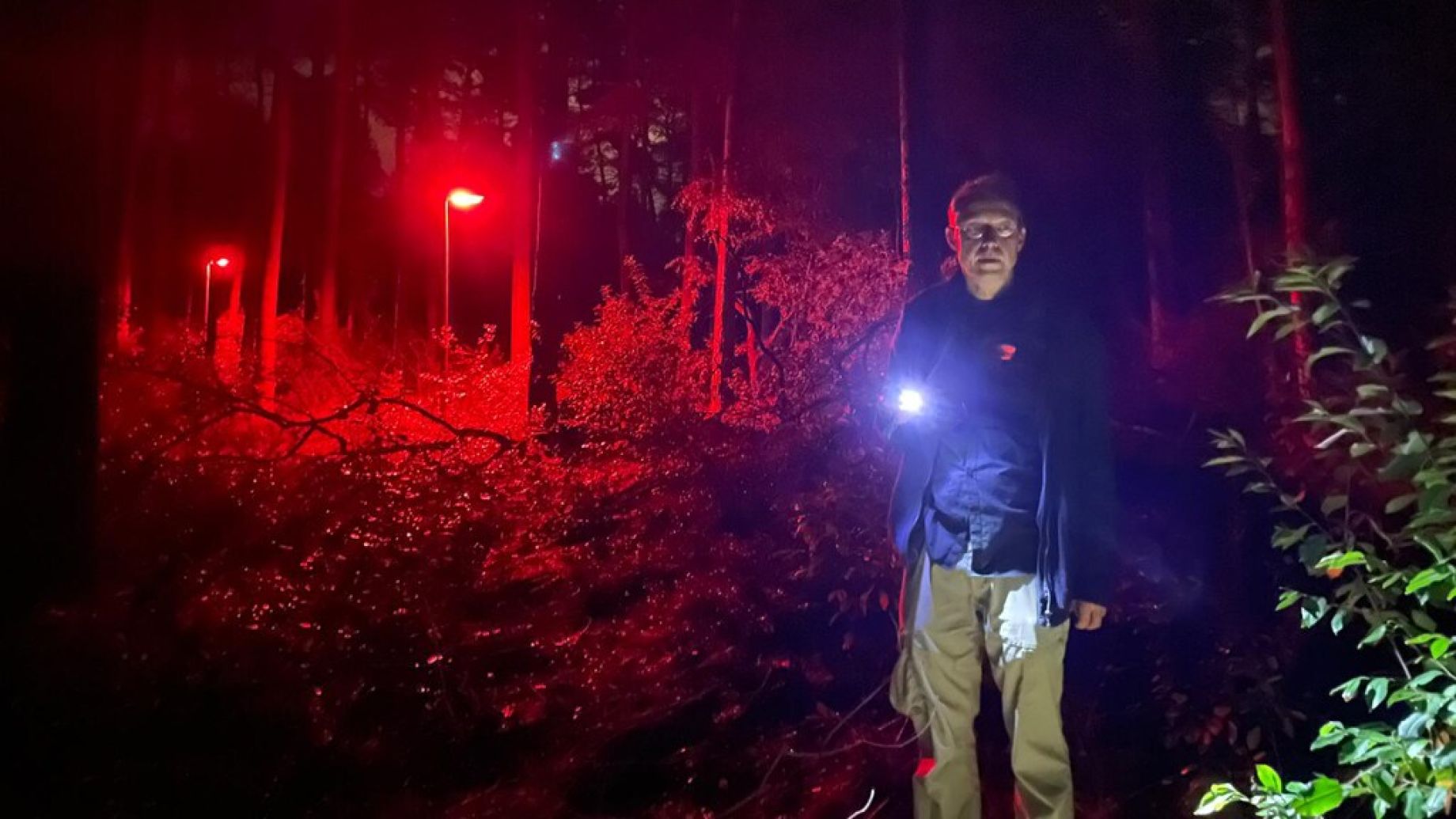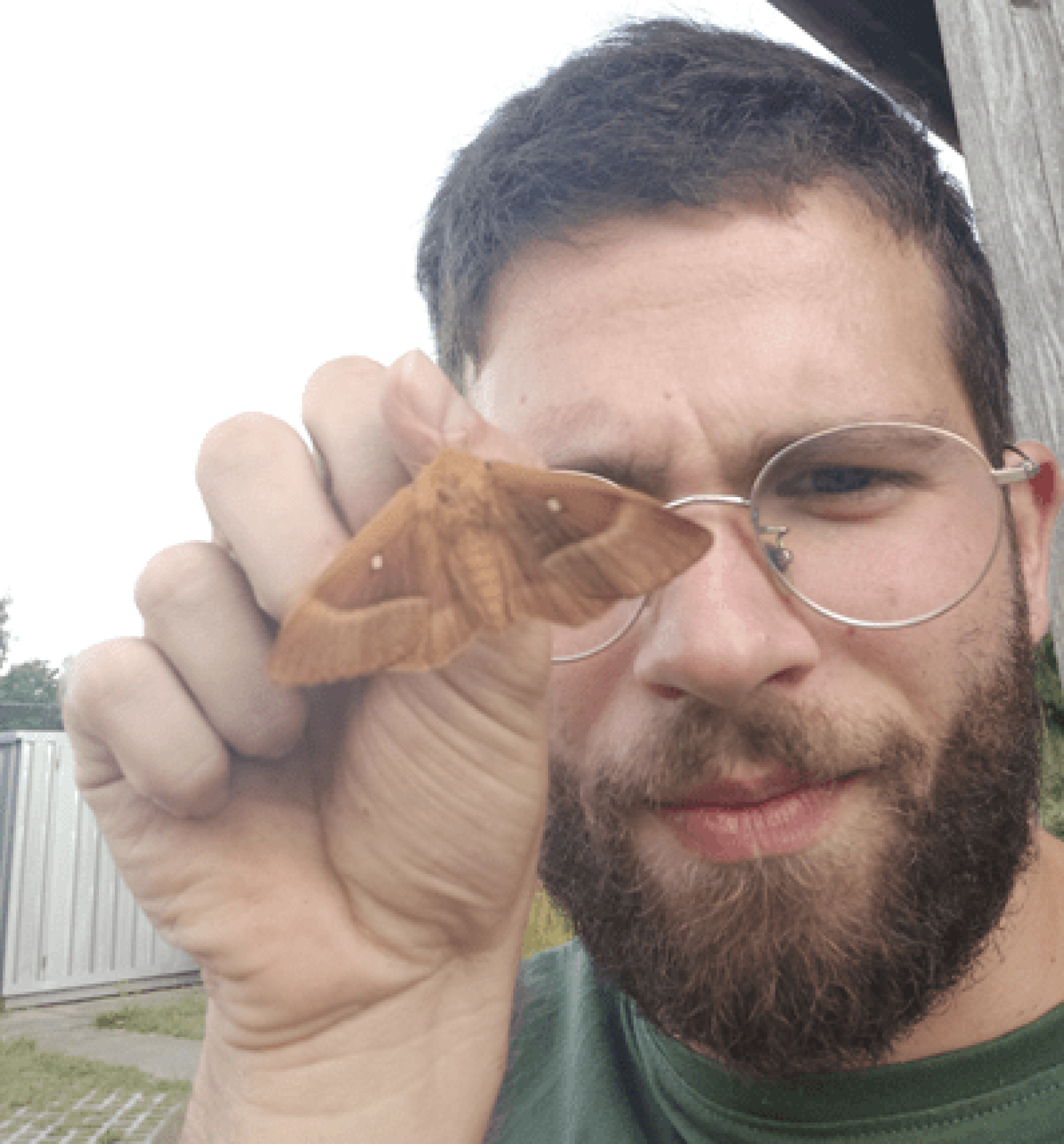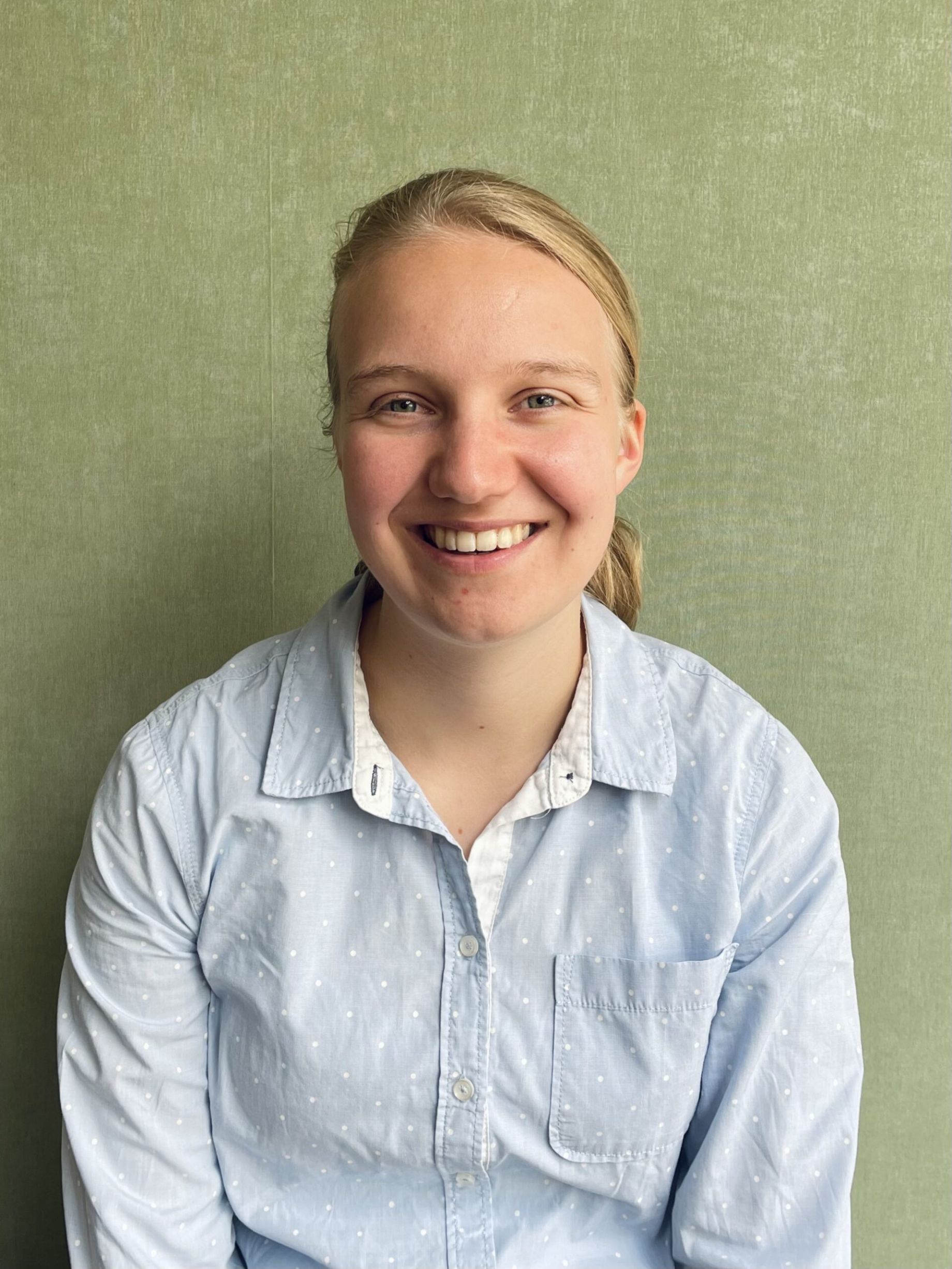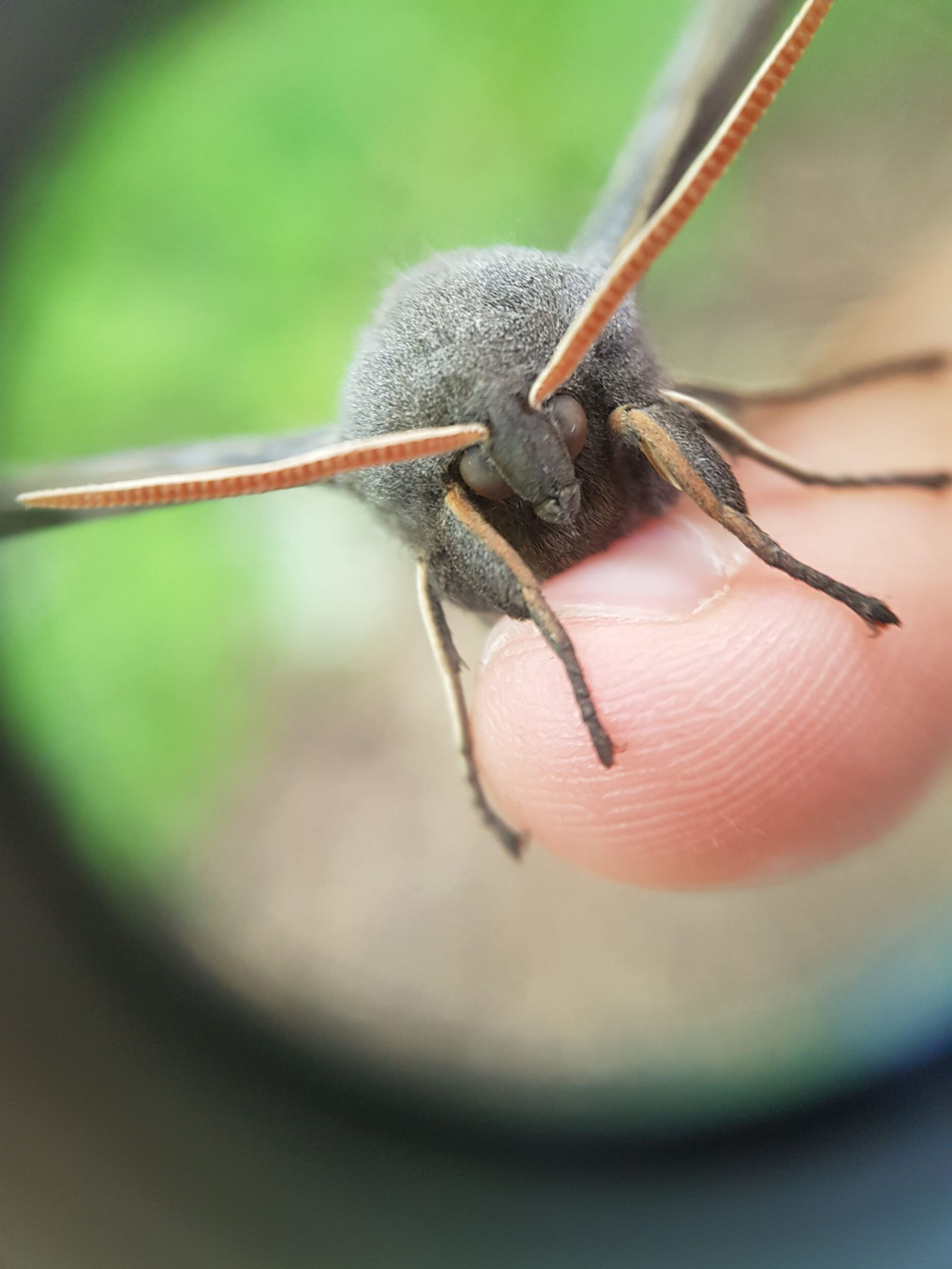Author: bioclock
hD candidate Gali Albalak has started over a year ago on her project in WP1.2. It is time for an update on her findings and plans.
It’s about time!
By Gali Albalak
In the first cluster of this consortium (‘Clocks in Society´) there is a work package that aims to uncover the timing of behavioural aspects on circadian health. Together with my promotion team consisting of dr. Raymond Noordam, dr. Diana van Heemst, and professor David van Bodegom, I (Gali Albalak, PhD student)...
RTL News: Blue nights due to artificial light: ‘Different colors would be better’
Adjusting outdoor lighting usually aims to reduce energy, and is done by using LED lights. But that increases the amount of blue light in the environment leading to light pollution with many consequences for nature. National news channel RTL broadcasted an interview with BioClock researcher Kamiel Spoelstra and BioClock advisor Ellen de Vries about this. You can watch it here (Dutch): RTL Nieuws.
Insects in the spotlight: Gabriel studies the impact of light at night on the clocks and behavior of insects
Gabriel Charvalakis has recently started his PhD research at the Netherlands Institute for Ecology (NIOO-KNAW) in Wageningen and the University of Groningen. Under supervision of dr. ir. Kamiel Spoelstra and dr. Roelof Hut, he investigates all aspects of light that may have an influence on insects. The number of insects is decreasing rapidly, and one of the reasons may be the enormous amount of light pollution worldwide. Can we adjust the color or intensity of lights in order to...
Inge wants to find chemical ways to target the biological clock
Inge Snijders has recently started her PhD research at the University of Leiden. Under supervision of prof. Dr. Laura Heitman and Dr. Daan van der Es, she will look for new targets and modulators of the biological clock. Since the circadian system is involved with many diseases but also becomes more dysfunctional with age for instance, it is highly important to find drug targets that can interfere with the functioning of the clock. Inge will work on this and introduces herself...
The BioClock Academy
We are proud to present the BioClock Academy! On the 21st of September, 2022, we will kickoff with a monthly online seminar aiming for an introduction to basic concepts and understanding of biological rhythms. For anyone who is relatively new to the field of chronobiology, certain concepts may be challenging to grasp. With our Academy, we will tackle those issues with seminars by experienced researchers.
the first seminar will be held by professor Johanna H. Meijer, the...
Light pollution and moths: how diverse is the Flevopark?
Jip and the first Poplar Hawk-moth
Jip Koene, research intern, worked with Hannah Broeckx in the beginning of her project on the effects of light pollution on nocturnal butterflies – better known as moths. These moths are an important chain of a food web as they serve as prey for birds and bats, but also contribute largely to pollination of all sorts of plants. Within this project, Jip and Hannah focused on the Flevopark in Amsterdam and set up different methods to investigate...
Nihal studies how we can integrate chronobiology in secondary school education!
Nihal Fawzi is recent als PhD kandidaat onderzoeker begonnen aan de Hogeschool van Amsterdam aan haar project: BioClock & Educatie. Onder begeleiding van dr. Marco Kragten en dr. Bert Bredeweg gaat zij onderzoeken hoe het onderwerp van de biologische klok in het middelbare onderwijsprogramma in Nederland een plek kan krijgen. Ontzettend belangrijk want hoe meer mensen er over leren, des te beter!
Waar kom je vandaan en wat zijn je hobby’s?
Ik ben Nihal Fawzi en woon...
